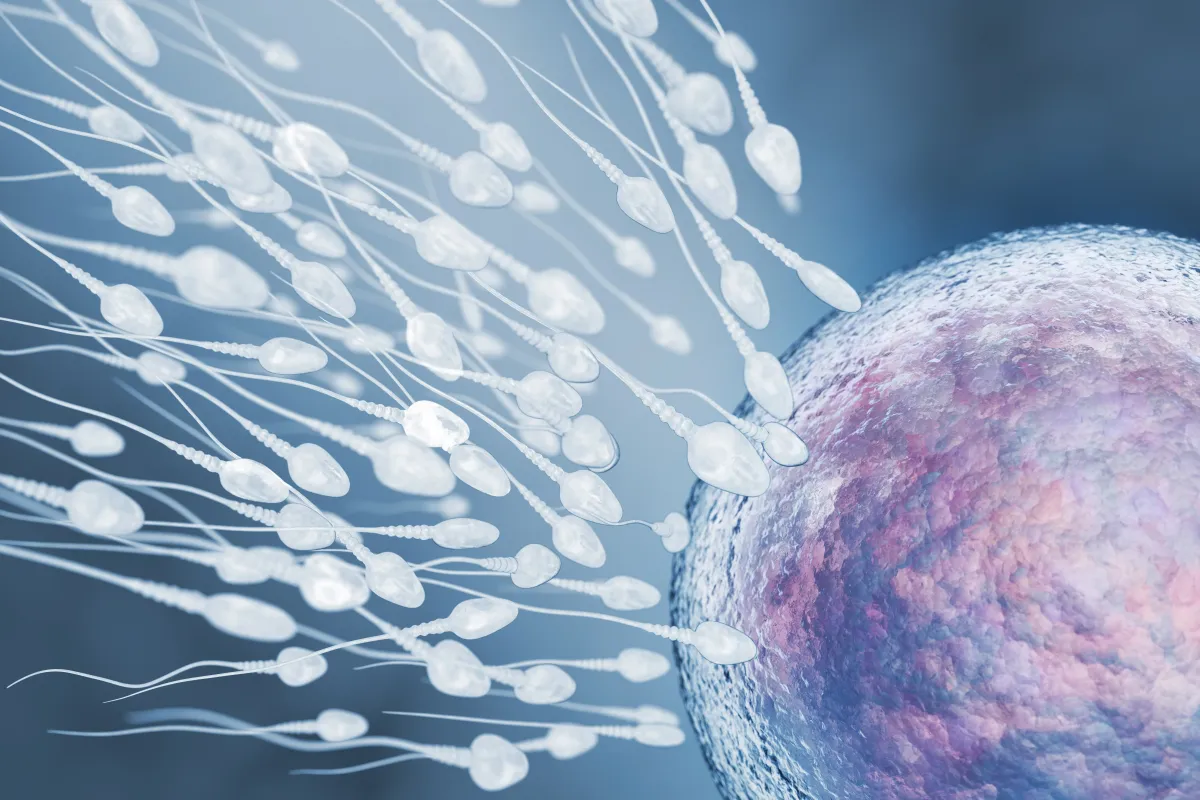Infertility: Gut Health
Infertility is the inability to conceive or sustain a pregnancy due to factors like hormonal imbalances, structural issues, sperm dysfunction, or lifestyle influences, often requiring medical and lifestyle interventions.

Description of Infertility:
Infertility is a condition characterized by the inability of a person or couple to conceive or sustain a pregnancy despite having regular, unprotected sexual intercourse over a specified period, typically one year or longer.
This condition can affect either one or both partners and can arise from a variety of causes. Improvements in healthcare have highlighted several potential factors contributing to infertility. In women, common causes include ovulatory disorders, which impact the release of eggs from the ovaries. Structural issues such as blockages in the fallopian tubes, endometriosis, or uterine abnormalities can also impede conception.
In men, infertility is often related to issues with sperm production or function, which might include a low sperm count, poor sperm motility, or abnormal sperm morphology. Lifestyle and environmental factors also play a crucial role in infertility. Stress, poor diet, obesity, and excessive alcohol or drug use can adversely affect both male and female fertility. Moreover, underlying health conditions, such as hormonal imbalances, diabetes, or thyroid disorders, can interfere with reproductive processes.
Recent studies suggest that blood type might influence fertility, with some research indicating that childlessness is more prevalent among women with Type A, Type B, and Type AB blood types compared to Type O women. Furthermore, prolonged exposure to environmental pollutants, chemicals, and long-term stress can damage reproductive health. Infertility remains a complex condition, often requiring a multifaceted approach involving medical evaluation and treatment, lifestyle changes, or assisted reproductive technologies to improve the chances of achieving a successful pregnancy.
role of gut imbalances in infertility:
Gut imbalances, known as dysbiosis, can indirectly influence fertility and reproductive health, although they are not explicitly identified as a direct cause of infertility in the existing context. The gut microbiota plays a vital role in maintaining overall health by aiding digestion, nutrient absorption, and immune function. When the gut flora is imbalanced, it can lead to various health issues, including chronic health conditions and nutritional deficiencies, which may impact reproductive health. One way gut dysbiosis might affect fertility is through its impact on hormonal balance.
The gut microbiome is crucial for not only digestive health but also for the body's hormonal equilibrium. Disruption in gut flora can lead to hormonal imbalances, which are known to influence reproductive health and fertility. For instance, individuals experiencing gut dysbiosis might suffer from conditions such as premenstrual syndrome (PMS) and other hormonal irregularities that may interfere with fertility. Moreover, an imbalanced gut can weaken immune function, potentially affecting the body's ability to maintain a healthy pregnancy.
A properly functioning gut microbiota supports the immune system, and any dysfunction in this system could hinder the body's capacity to support reproductive processes. In summary, while gut imbalances are not directly stated as a cause of infertility, the overarching role of gut health in hormonal balance, immune function, and overall well-being suggests it could indirectly influence reproductive health. Maintaining a healthy gut microbiome is therefore considered beneficial for those seeking to optimize their fertility.
